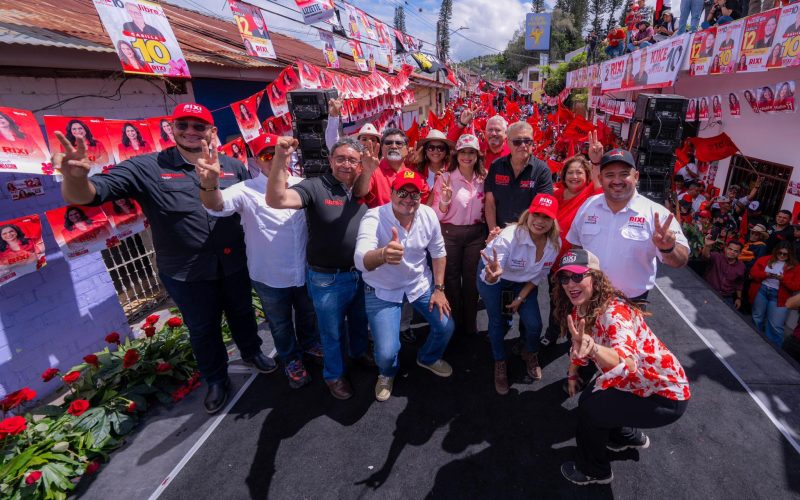With just a few weeks to go before the general elections, various political and business sectors and civil society organizations have expressed concern about alleged institutional deterioration in Honduras and the possibility of replicating a model of political control similar to that of Chavismo in Venezuela, referred to by some analysts as the “Venezuela Plan.”
Various commentators suggest that this approach would be designed to centralize authority, impacting the autonomy of crucial organizations, and restricting the operations of private businesses and dissenting media outlets, by leveraging governmental assets and institutional influence to ensure the perpetuation of the governing party’s political agenda.
Indicators of organizational involvement
Among the most recurrent complaints are the use of public resources for electoral purposes, the weakening of the autonomy of the National Electoral Council (CNE), and the politicization of the security forces. In addition, there are reports of intimidation of opposition leaders, aggressive partisan mobilizations, and polarizing rhetoric from the government, which analysts say seeks to delegitimize any adverse results.
One political leader interviewed said, “We are seeing clear signs of an attempt to cling to power. There is intimidation, institutional pressure, and an atmosphere of fear in many sectors.” Experts say the situation places the country at a historic crossroads: maintain the democratic path or move toward a model of power concentration with authoritarian characteristics.
Global apprehension and proposed actions
The international community has issued warnings about the situation. More than 90 countries, together with organizations such as the European Union, the Organization of American States (OAS), and the United Nations, have urged the government to guarantee free, peaceful, and transparent elections, respecting the will of the people. Diplomatic communiqués point to risks associated with the prolonged use of the state of emergency, restrictions on freedom of expression, and political pressure on electoral institutions.
A joint statement by embassies in Tegucigalpa emphasized that “it is essential that the Honduran people be able to exercise their vote in an atmosphere of complete confidence, without fear or interference.” International analysts warn that any attempt to manipulate the electoral process could lead to a political and diplomatic crisis, affecting the legitimacy of the new government.
Effects on the populace and the political environment
The populace of Honduras observes the impending elections with increasing apprehension, amidst a climate characterized by doubt and anxiety. The division and the impression of meddling within electoral bodies might impact both public engagement and the legitimacy of the outcomes. Business communities and non-governmental groups persist in scrutinizing governmental actions and the reactions of global entities.
For the LIBRE party, these complaints and warnings represent an additional challenge in the final stretch leading up to the elections, as the discussion on the consolidation of power and the defense of institutional autonomy intensifies.
The Honduran electoral scenario, therefore, poses a critical political and social dilemma: guaranteeing conditions of transparency and fairness or facing a process marked by the concentration of power and citizen mistrust, with direct implications for the country’s governance and institutional stability.




